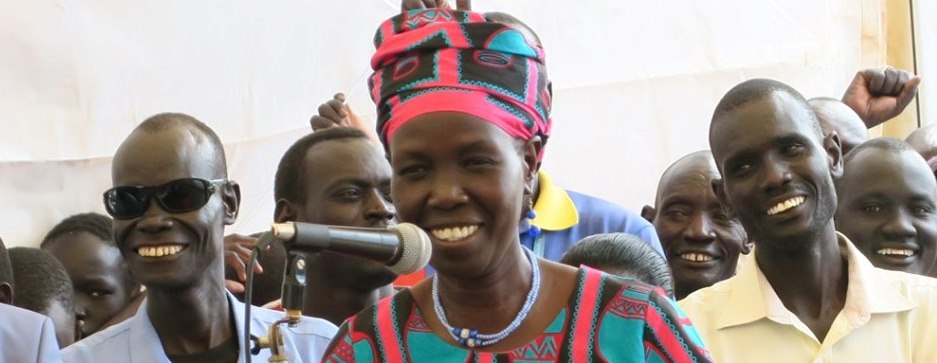A total of $711 million will be spent on the construction of roads linking the South Sudanese capital, Juba to Terekeka, Yirol and Rumbek towns, a senior official disclosed.
Speaking to journalists on Tuesday, the Roads and Bridges Minister, Rebecca Joshua Okwaci said the 394 kilometers highway will be constructed by Shangdong Hi-Speed Ltd, a Chinese company.
She said crude oil would be used to fund the road construction project.
“The construction of the highway from Juba through the towns of Terekeka and Yirol to Rumbek in the Lakes region will take about three and a half years to complete at a cost of $711m,” said Okwaci.
“Putting roads at par with other services becomes so difficult because of the financial intensity of the construction of the roads and therefore the government had put initially 10,000 barrels a day to be sold and the money put in a special account exclusively for roads,” she added.
In April, the government announced that the quantity of crude oil allocated to China for development projects would increase from 10,000 barrels per day to 30,000 barrels per day.
About 300,000 barrels of crude oil were shipped in May from Port Sudan for the road project, according to the minister.
“We have seen it as a very viable project and so we added 20,000 barrels to be sold and the money goes to the account for road construction plus other infrastructure and among them is electricity, and also the new city Ramciel and any other infrastructure that is crucial for the development of our people,” said Okwaci.
The minister pointed out that the Chinese company has already started clearing the sides of the roads and opening paths to move equipment, as well as allocating murrum and stone sites for quarry.
“The government will give the crude oil as long as it takes to continue to build infrastructure,” she said, adding, “We have more than 17,000 kilometers of roads to be tarmacked. We are also looking at electricity, we have thermal. Ramciel is also to be a city and we need a lot of money. So for us, oil is the asset that we have”.
South Sudan has the third largest oil reserves in sub-Saharan Africa, but most of its oil facilities were damaged in the conflict that erupted in 2013. Currently it produces 175,000 barrels per day.
“For us, the asset we have is oil, and therefore the best thing we can do is to allocate it for assets, on something tangible,” said Okwaci.
“The resources are used to provide services to people. If you keep oil in the well, it will sleep there and you will be hungry,” she added.




